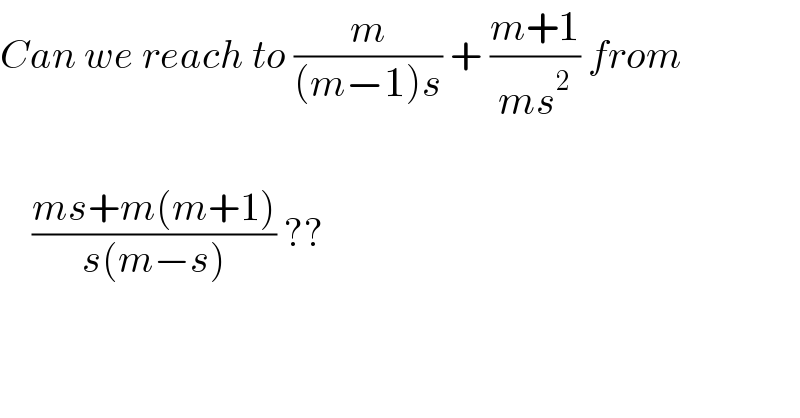
Question and Answers Forum
Question Number 158191 by ghakhan88 last updated on 31/Oct/21

Commented by Rasheed.Sindhi last updated on 01/Nov/21

Answered by MJS_new last updated on 31/Oct/21

| ||
Question and Answers Forum | ||
Question Number 158191 by ghakhan88 last updated on 31/Oct/21 | ||
 | ||
Commented by Rasheed.Sindhi last updated on 01/Nov/21 | ||
 | ||
Answered by MJS_new last updated on 31/Oct/21 | ||
 | ||
| ||